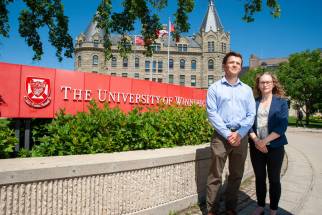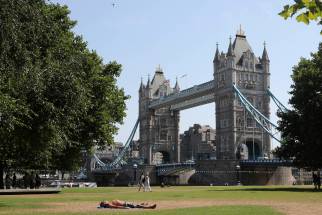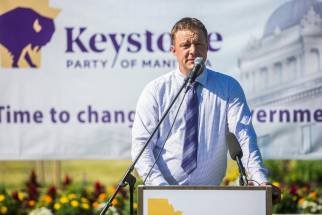Mayor’s chair power shift would suit Winnipeg
Read this article for free:
or
Already have an account? Log in here »
To continue reading, please subscribe:
Monthly Digital Subscription
$0 for the first 4 weeks*
- Enjoy unlimited reading on winnipegfreepress.com
- Read the E-Edition, our digital replica newspaper
- Access News Break, our award-winning app
- Play interactive puzzles
*No charge for 4 weeks then price increases to the regular rate of $19.00 plus GST every four weeks. Offer available to new and qualified returning subscribers only. Cancel any time.
Monthly Digital Subscription
$4.75/week*
- Enjoy unlimited reading on winnipegfreepress.com
- Read the E-Edition, our digital replica newspaper
- Access News Break, our award-winning app
- Play interactive puzzles
*Billed as $19 plus GST every four weeks. Cancel any time.
To continue reading, please subscribe:
Add Free Press access to your Brandon Sun subscription for only an additional
$1 for the first 4 weeks*
*Your next subscription payment will increase by $1.00 and you will be charged $16.99 plus GST for four weeks. After four weeks, your payment will increase to $23.99 plus GST every four weeks.
Read unlimited articles for free today:
or
Already have an account? Log in here »
Hey there, time traveller!
This article was published 21/07/2022 (1238 days ago), so information in it may no longer be current.
It was a tale of two cities in Canadian municipal politics.
In Ontario, Premier Doug Ford confirmed plans this week to bring in a so-called “strong mayor” model for the cities of Toronto and Ottawa. Among the proposed changes, mayors would be given veto power over council decisions.
In Winnipeg, Coun. Scott Gillingham — one of the perceived front-runners in the race for mayor in the upcoming civic election — pledged the opposite: to reduce the mayor’s powers, in part by shrinking the size of executive policy committee.
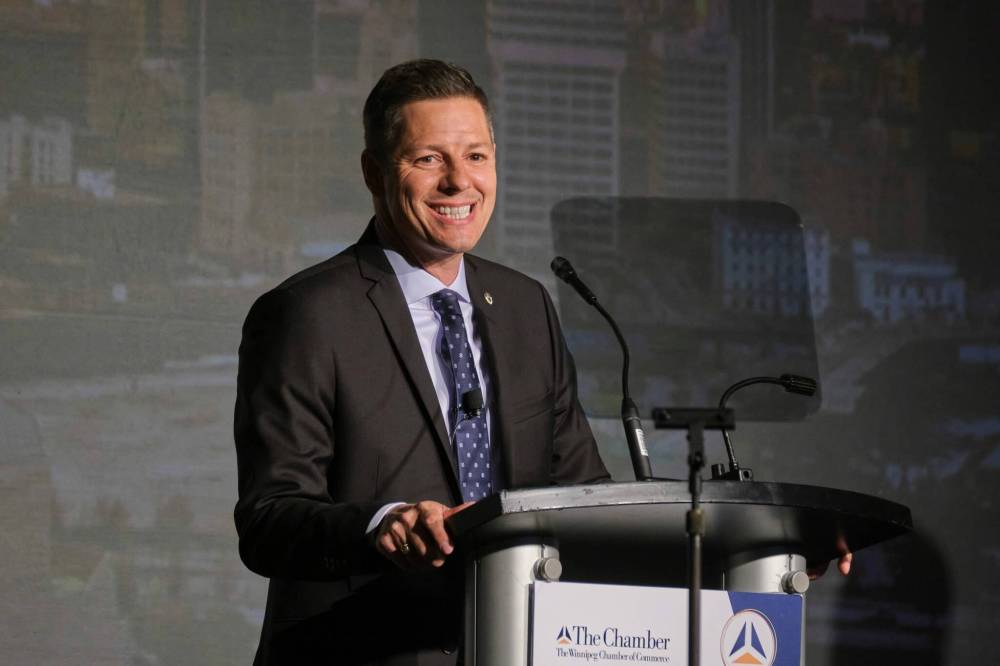
Ford, a former Toronto city councillor, is a longtime advocate of centralizing power in the mayor’s office, a governance model popular in many U.S. cities. In Winnipeg, the debate has gone in the opposite direction, with calls for councillors (especially non-EPC members) to have a greater say in the decision-making process.
Mayor Brian Bowman promised to decentralize the mayor’s powers when he first ran for office in 2014. He pledged to have council elect members to EPC.
Unfortunately, he reneged on that commitment, claiming legal advisers at city hall said it would violate the City of Winnipeg Charter.
Ford hasn’t released the details of his plan. More is expected when his re-elected Tory government delivers its first speech from the throne next month.
What he has confirmed is the mayors of Toronto and Ottawa would be given veto powers over city council motions, which could only be overturned by a two-thirds council vote. New mayoral powers would be extended to other Ontario cities after a trial period.
The argument behind the strong mayor model is mayors are elected separately from councillors and should be given more than symbolic authority. Right now, their votes have the same weight as councillors. Giving mayors more power is seen as a way of cutting through council gridlock and moving political agendas along more quickly. It’s a favourite among the “get ‘er done” crowd.
The question is: do voters really want that much power vested in one person, similar to the dictatorial authority of premiers and prime ministers? Probably not, at least not in Winnipeg, where the political culture has historically rejected centralized power in the mayor’s office.
It’s precisely why Gillingham made the campaign commitment.
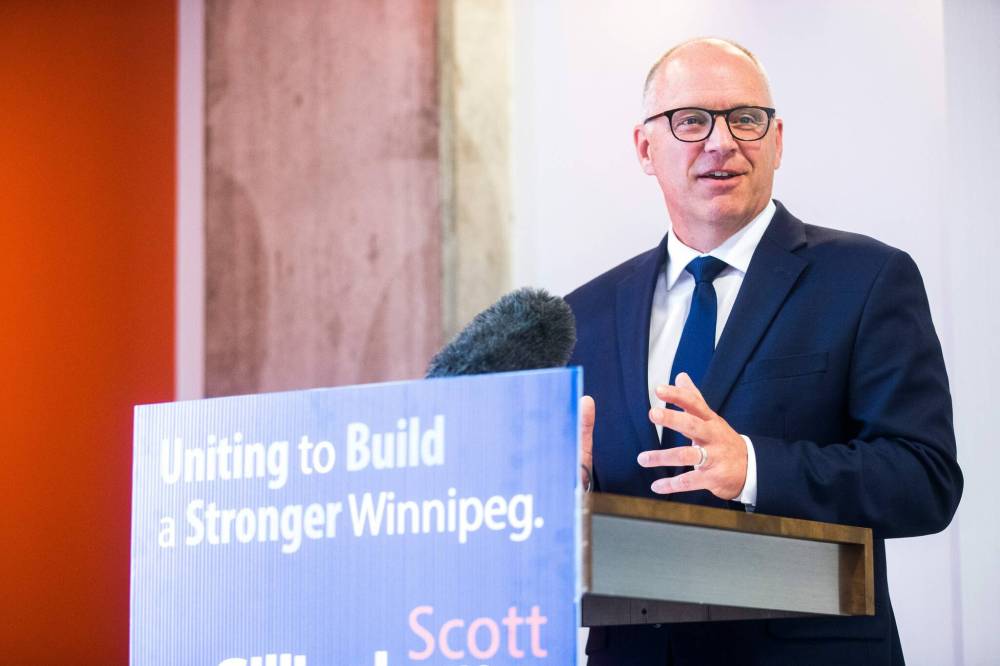
The St. James councillor proposed Wednesday to immediately reduce the size of EPC to six members and limit the number of EPC-only briefings to “selected issues.” He says he plans to release a draft bylaw outlining the proposed changes before the Oct. 26 municipal election.
Gillingham also said he would cut two positions in the mayor’s office and redeploy them to council for policy and research support. In addition, he would lobby the province to alter or eliminate the EPC model.
It’s good politics but it’s also good policy.
Non-EPC members are regularly shut out of the decision-making process at city hall. They don’t have access to the same information from administration as the mayor and members of the EPC do.
When they are finally briefed, it’s often at the last minute, sometimes only hours or a few days before important votes. In some cases, they’re expected to review detailed reports without adequate time for proper analysis.
The current model allows the mayor to control the agenda on council through appointments, including to EPC. Appointees who don’t toe the line usually get the boot. It’s undemocratic and doesn’t serve the public well.
The mayor’s job is to provide good leadership by bringing ideas to the table and finding support for them on council. The job should not be about directing policy or driving personal agendas.
Effective leaders listen, consult and build consensus. They change their minds when others propose better ideas. Good leaders park their egos at the door and find solutions that best serve the public. They inspire.
Municipalities don’t need strong mayor models to achieve that. What they need is more democracy, more collaboration and consensus building.
Winnipeggers would be better served if all councillors had equal input into the decision-making process and equal access to the information available to make those decisions. The people who elect them expect nothing less.
The last thing Winnipeg needs is more concentration of power in the mayor’s office.
tom.brodbeck@freepress.mb.ca

Tom has been covering Manitoba politics since the early 1990s and joined the Winnipeg Free Press news team in 2019.
Our newsroom depends on a growing audience of readers to power our journalism. If you are not a paid reader, please consider becoming a subscriber.
Our newsroom depends on its audience of readers to power our journalism. Thank you for your support.






